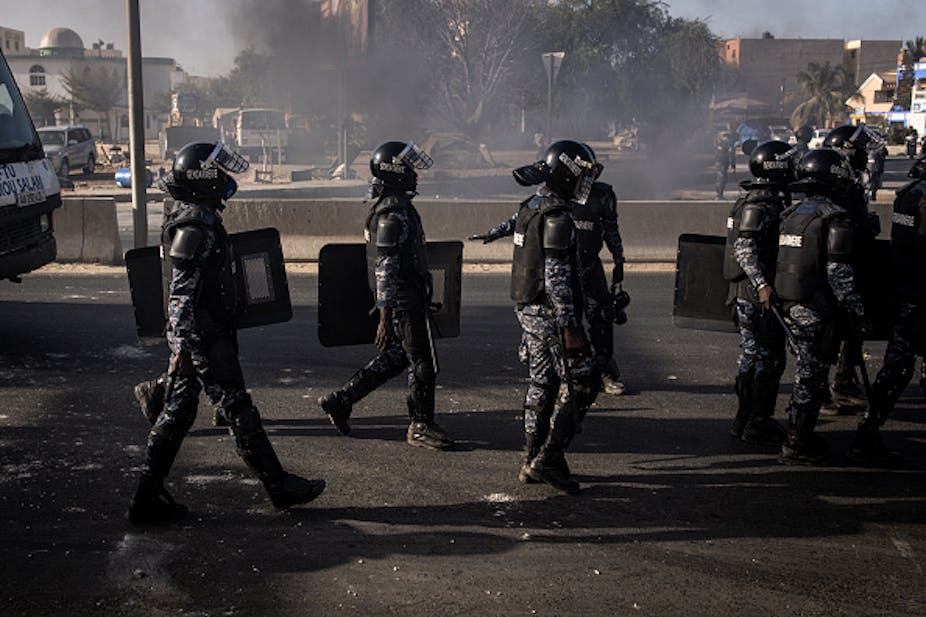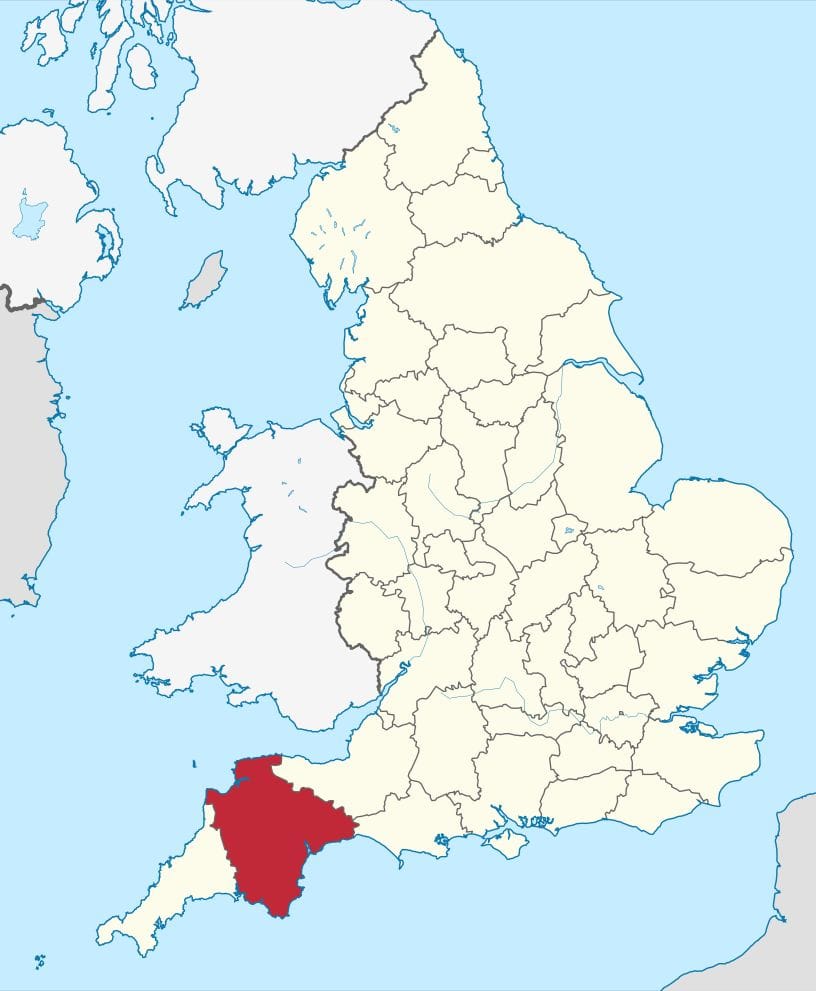
Corruption is a deeply entrenched sociological phenomenon, pervading societies globally with varying degrees of prevalence. It represents a dynamic challenge profoundly impacting public trust, economic stability, and societal well-being. Alarmingly, recent data suggests corruption is on the rise, necessitating a clear examination of its diverse manifestations and implications across sectors.
Our understanding often limits corruption to overt acts like bribery or embezzlement. However, the true scope of corrupt agendas extends far beyond these direct transgressions. As defined, it includes sophisticated transnational networks, financial institutions operating in secrecy, and even practices technically legal in some nations, such as certain forms of lobbying. This broad impact reaches from highest governmental echelons to everyday life, eroding foundations of fair governance and equitable opportunity.
This article aims to illuminate critical areas where corrupt agendas thrive. We will explore various sectors and forms of corruption, dissecting how these agendas operate and the significant consequences they inflict. By understanding these diverse expressions of dishonesty and abuse of power, we can better comprehend the complex landscape of global corruption and confront its bitter truth, exposing systemic failures and individual betrayals of trust.

1. **Political Corruption: Subverting Public Power**Political corruption embodies the abuse of public power, office, or resources by elected government officials for personal gain. This ranges from extortion or bribe solicitation to subtle forms like using taxpayer money to enact laws securing political longevity, effectively buying votes. Such practices erode civic trust, diminish identification with one’s country, and undermine democratic representation.
“Graft” is a prominent manifestation: the unscrupulous use of political authority for personal benefit. Funds for public projects are intentionally misdirected to maximize illegal private interests for cronies. In severe cases, government institutions are “repurposed” from official mandates to serve corrupt objectives, fundamentally betraying public trust and causing immense financial and social damage.
The “Kaunas Golden Toilet” in Lithuania exemplifies political mismanagement. In 2009, the municipality spent 500,000 litai (approx. 150,000 euros) on an outdoor toilet, with high monthly maintenance. A comparable solution nearby cost just 4,500 euros, highlighting egregious overpricing. This dysfunctional toilet became a symbol of questionable public expenditure and led to investigations into recklessness and misuse of power, eventually resulting in financial losses exceeding 350,000 euros.

2. **Judicial Corruption: Undermining Justice**Judicial corruption profoundly compromises the legal system’s integrity, impacting fairness and the rule of law. It encompasses unethical behaviors by judges, prosecutors, and defense attorneys, including receiving or giving bribes, which directly compromises impartiality. It also involves improper sentencing driven by bias, and judicial activism where personal beliefs override legal principles, eroding public confidence.
Prosecutorial misconduct is insidious, occurring when politicians or crime bosses bribe prosecutors to initiate investigations or file charges against rivals. This is done not for legitimate legal grounds, but to strategically eliminate competition. Such weaponization transforms the legal system into a tool for personal vendettas, severely distorting due process and betraying impartial justice.
In many transitional and developing countries, governmental corruption of the judiciary is widespread. This stems largely from the judiciary’s budget being almost entirely controlled by the executive branch. This financial dependence critically undermines the separation of powers. When the branch interpreting laws is beholden to another, its independence is compromised, allowing governmental interests to sway judicial decisions.

3. **Military Corruption: Abuse of Power in Uniform**Military corruption involves the abuse of power by armed forces members for career advancement or personal gain. This includes preferential treatment in promotions based on non-merit factors, undermining fairness and morale. Officers may skim logistical supplies—food, medicine, fuel, weapons—and sell them on black markets, betraying public trust and jeopardizing operational effectiveness.
More alarmingly, military officials have been known to provide equipment and combat support to criminal syndicates, private military companies, and even terrorist groups without authorization. Such acts constitute a profound breach of national security and international law, empowering adversaries with state-of-the-art resources. This egregious misuse of authority transforms military personnel into enablers of global instability.
To combat these abuses, most countries employ a military police force. However, corruption’s pervasive nature means even these internal oversight bodies can be compromised. This creates a challenging cycle where mechanisms designed to enforce integrity can become corrupt, making the fight against military corruption a continuous battle for robust, independent oversight.

4. **Police Corruption: Betraying Public Trust**Police corruption is a specific, deeply troubling misconduct aimed at financial benefits, personal gain, or career advancement. It often involves selective enforcement or non-pursuit of investigations in exchange for bribes, allowing illicit activities to thrive under official protection. This also includes the “thin blue line” phenomenon, where officers collude to shield colleagues from accountability, fostering a culture of impunity.
A common manifestation is accepting bribes for not reporting or actively protecting organized drug or prostitution rings. When civilians report police brutality, officers frequently retaliate with harassment and intimidation. This creates a chilling effect, discouraging whistleblowing and enabling continued abuses within law enforcement, actively suppressing accountability.
Whistleblowing within law enforcement is rare due to severe reprisals, including job loss, forced transfers, demotion, ostracization, and threats. Officers fear having their own past misconduct exposed as retaliation. This intense pressure powerfully disincentivizes reporting corruption, effectively silencing internal dissent and perpetuating unethical practices.
Police officers also flout conduct codes to secure convictions using unethical means: surveillance abuse, false confessions, police perjury, or falsifying evidence. They may sell confiscated contraband back into the criminal underworld. Misconduct extends to prison officers smuggling goods for inmates or abusing prisoners, and probation officers taking bribes to overlook parole violations, underscoring systemic problems.

5. **Corruption in Natural Resources: Exploiting the Earth**Corruption in natural resources spans large-scale industrial bribes for contracts to petty payoffs for poaching. This affects vital resources—water, land, forests, fisheries—leading to depletion and harming communities and the environment. Such exploitation, driven by illicit gain, causes long-term devastation and undermines sustainable development efforts globally.
Initiatives like the Extractive Industries Transparency Initiative (EITI) aim for good governance of resources and state revenue management. However, the presence or perception of corruption significantly undermines environmental efforts. When communities believe officials enrich themselves through resource exploitation, trust in government and conservation programs plummets, fostering cynicism and disengagement.
In Kenya, farmers blame poor agricultural productivity on corruption, reducing their willingness to undertake soil conservation. In Benin, mistrust of government due to perceived corruption led farmers to reject climate change adaptation measures. This directly illustrates how corruption sabotages critical environmental resilience efforts, preventing communities from protecting their livelihoods and futures.

6. **Private Sector Corruption: Beyond Public Office**Private sector corruption involves any non-public entity—companies, households, NGOs—engaging in corrupt acts. It often overlaps with public corruption, as private entities may work with corrupt government officials or governments engage in private activities, blurring accountability. This distinction is crucial as private entities operate under different incentives and oversight structures than public ones.
Unlike public institutions with democratic oversight, private industry and NGOs often lack such scrutiny. Profits for owners, investors, or sponsors are decisive, creating strong incentives for unethical or illegal practices to maximize financial returns. Without robust internal controls and external oversight, corruption can flourish unchecked, undermining ethical business practices and transparency.
Research documents the emergence of large, non-state business groups akin to mafia systems, particularly in China. Here, the boundary between public and private actors blurs significantly, forming complex webs of influence. This “state-business collusion” highlights sophisticated corruption where powerful private entities operate with implicit state backing or even exert control over state functions, making accountability elusive.




